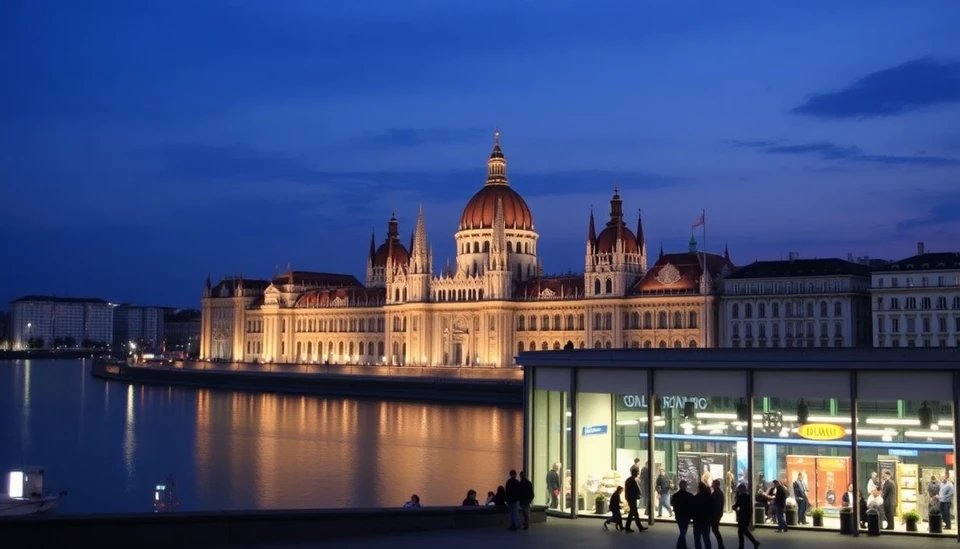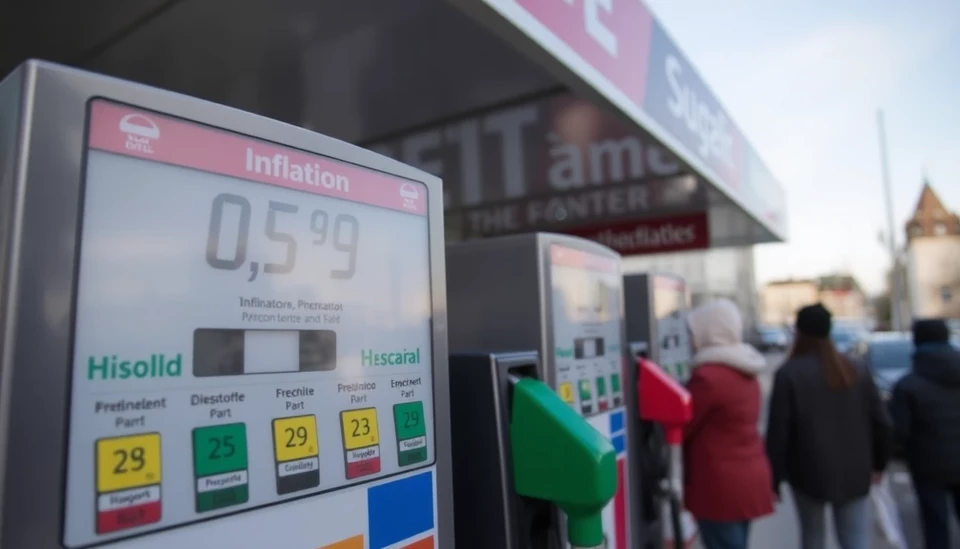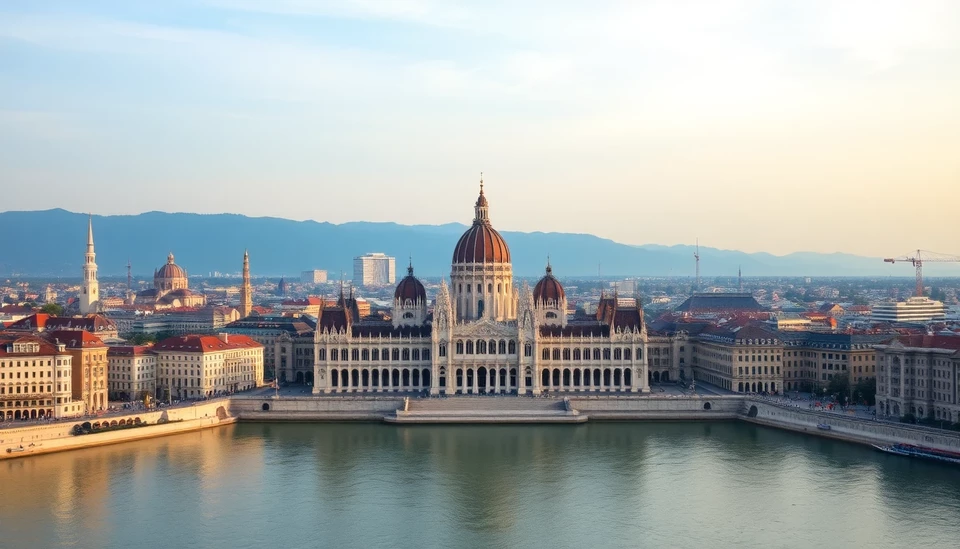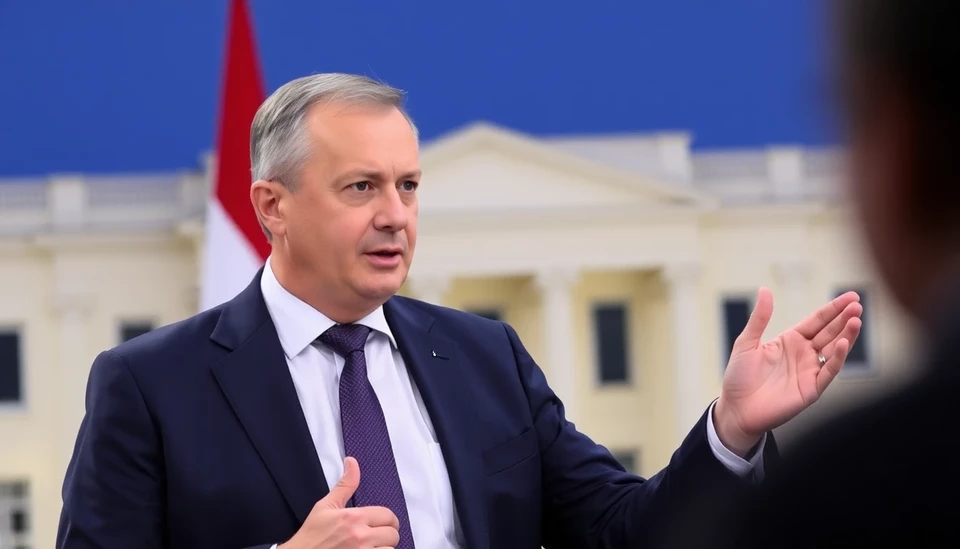
Hungary's retail trade sector has surprised analysts and economists alike, showing a surge that has alleviated persistent fears of a looming recession. Recent data reveals an unexpected boost in consumer spending, which has risen beyond previous projections and market expectations. This positive development provides a glimmer of hope amidst a backdrop of broader economic challenges plaguing Europe.
The Hungarian Central Statistical Office reported a significant uptick in retail sales for the month of September. This growth has been largely attributed to government measures aimed at supporting households and encouraging spending. These measures include various subsidies and financial incentives that have helped stabilize purchasing power among consumers.
Moreover, the current employment rates have played a crucial role in bolstering consumer confidence. With a stable job market, Hungarians have shown the willingness to spend more, particularly on non-essential luxury items that had previously seen a downturn. Analysts highlight this as a key indicator of economic resilience and consumer optimism.
As a notable player in the Central European economy, Hungary's financial health is closely monitored by both local and international observers. The latest developments in its retail sector not only provide a positive outlook for the country’s own economic trajectory but also offer reassurance to neighboring economies that are interconnected with Hungary’s trade relations.
Several factors have contributed to this unexpected spike in retail activity. Notably, the tourism sector has seen a resurgence, contributing to the sales figures. As travel restrictions ease across Europe, an influx of tourists has translated into increased spending in various retail segments, including dining, entertainment, and fashion.
Despite ongoing challenges such as inflation and fluctuating energy prices, the Hungarian government has maintained a strategic focus on fortifying economic growth. Policies aimed at reducing dependency on external economic forces and the promotion of domestic consumption are starting to yield visible results.
This promising retail performance is expected to influence future economic policies, potentially steering them towards reinforcing consumer-led growth. While uncertainties remain, particularly in the face of global economic pressures, Hungary's retail recovery offers a beacon of cautious optimism for stakeholders and policymakers alike.
The sustainability of this growth remains under scrutiny, with economists watching the upcoming quarters closely. Maintaining consumer confidence and spending will be pivotal in ensuring that this positive trend is not just a temporary reprieve but a sign of ongoing recovery.
In conclusion, Hungary's unexpected retail trade growth signifies a moment of optimism amidst global economic uncertainties. As the nation capitalizes on this momentum, the ripple effects are set to be felt across the region, fostering a hopeful atmosphere for continued economic prosperity.
#Hungary #RetailTrade #EconomicGrowth #RecessionFears #ConsumerConfidence #CentralEurope #TourismImpact #EconomicRecovery #GlobalEconomy #MarketTrends
Author: Daniel Foster




